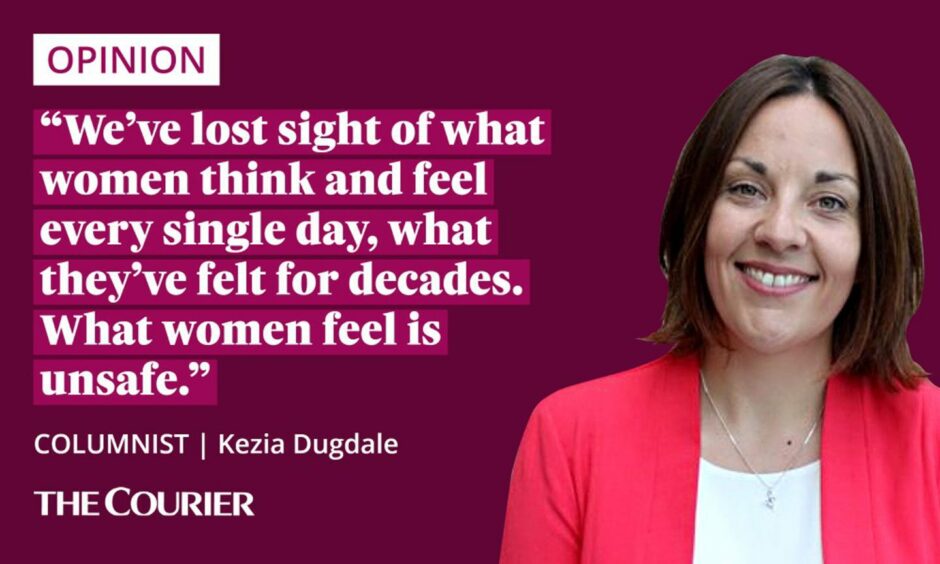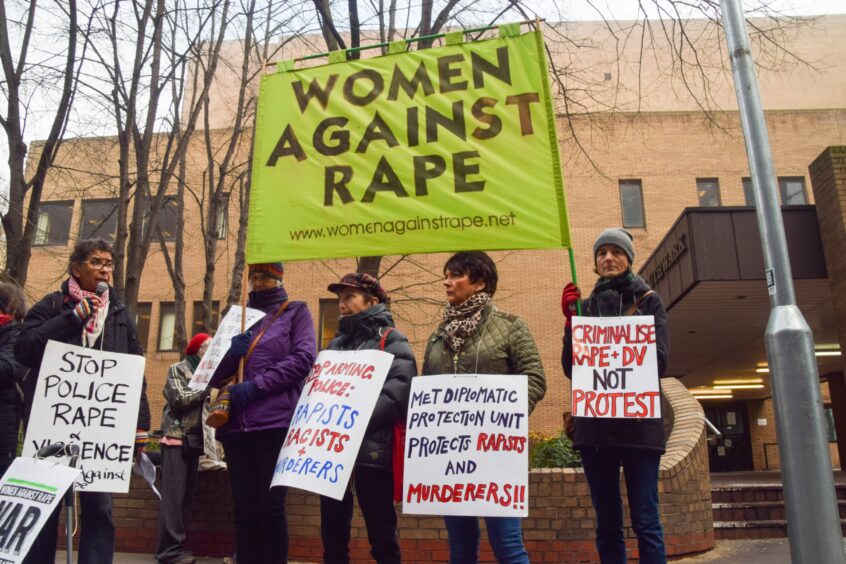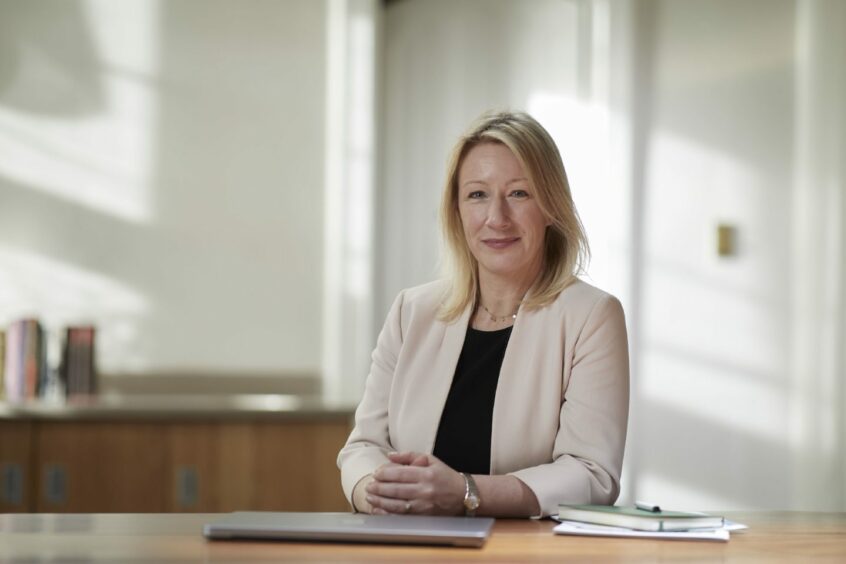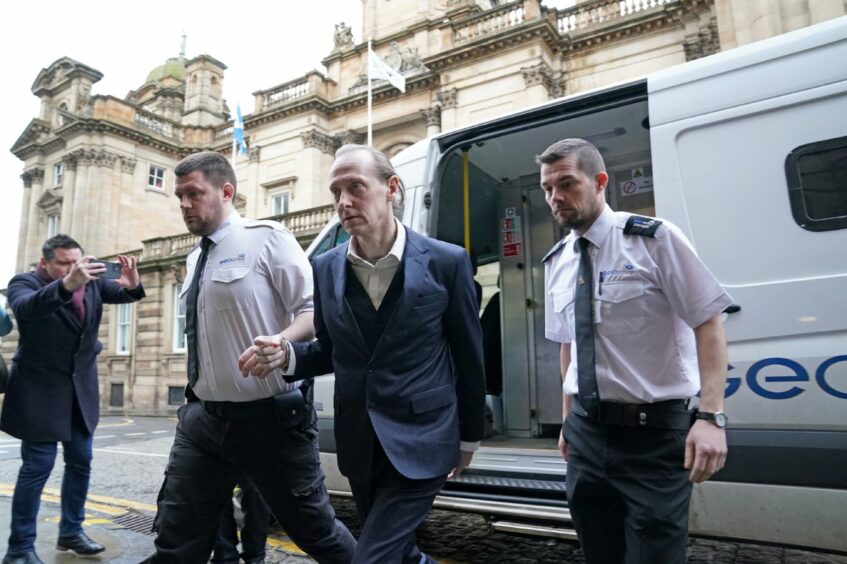Bennylyn Burke brought her daughter from the Philippines to the United Kingdom to build a better life. Andrew Innes lured her to Dundee to murder her.
Emma Pattison was a hugely successful headteacher of an elite English private school.
She and her child were found dead, along with her husband, at their home in the grounds of Epsom College. Police suspect he killed them before he turned a gun on himself.
These two women came from very different worlds and led very different lives.
But their deaths have much in common.
As one of Emma’s friends told the BBC: “Emma’s loss reminds us it doesn’t matter how successful or accomplished or brilliant you are as a woman. You are only as safe as your male partner allows you to be.”

The deaths of Bennylyn Burke and Emma Pattison and their daughters have dominated the local and national news headlines this week.
The details in their cases are particularly horrific. But violence against women is reported, and unreported, every single day.
Bennylyn Burke death part of a bigger picture
Elsewhere, David Carrick, a Metropolitan Police firearms trained officer, has been sentenced to 32 years in jail for 49 offences including 24 rapes.
He will serve a minimum of 30 years in jail and if he ever gets out, he will be in his late 80s.
This has led to a great deal of scrutiny over the sentence, with people quick to say it was too lenient. It’s already been subject to a review and might increase yet.
I’d much rather we turned the spotlight on the fact that he was able to commit these heinous crimes, such an abominable abuse of power, over 17 years without being caught and despite substantial rumours about his behaviour.
Even when he was being formally investigated, he remained in his post.
He was only sacked the moment he pled guilty in court.
He’ll still get his police pension because his crimes were committed off duty – unless someone, anyone, goes out of their way to change and challenge the rules.
What is wrong with men?
And if your first response to that is “it’s not all men” or some other form of whataboutery you are not listening.
What will it take for women to feel safe?
In the week Andrew Innes was convicted of the murder of Bennylyn Burke and Emma Pattison was found dead, Channel 4 showed a drama documentary called Consent.
It attempted to address the fine lines between two young adults getting it together at a party.
She liked him but didn’t want to do that. They’d both had a lot to drink. He led her upstairs.
Both had very different memories of what happened and how they felt about it the next day.
She raised a complaint. His life was ruined. Was it fair?
It’s part of a broader debate about whether young men’s lives should or could be put on hold and their reputations tarnished because of allegations about their conduct.
We are told young men are too scared to get into taxis with young women for fear of what they might be accused of.
Pass me a bucket, I’ll either be sick or scream into it.
We’ve lost sight of what women think and feel every single day, what they’ve felt for decades.
What women feel is unsafe.
The pioneering Labour MP Jess Phillips, who spent her working life prior to entering Parliament supporting women affected by the violence of men, has been on the airwaves declaring that if the government spent just a fraction of the time and political focus it spends on detaining refugees on detaining rapists instead, the country would be a far safer place for women.
She’s absolutely right.














Conversation